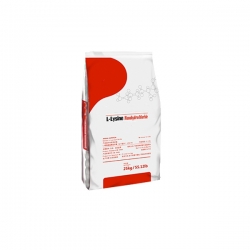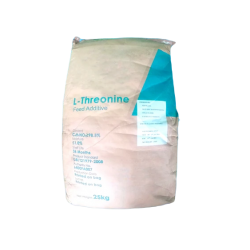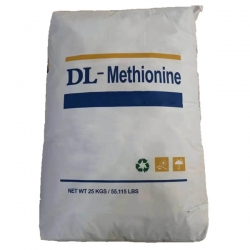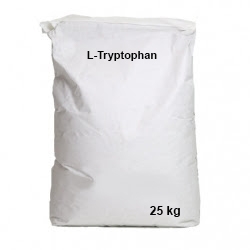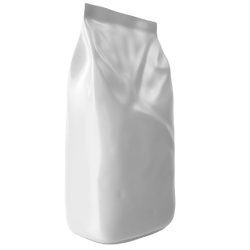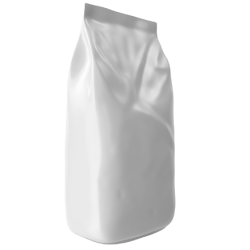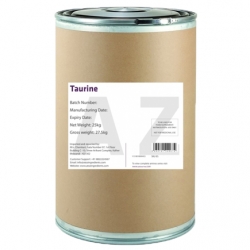No products in the cart.
L-Lysine
L-lysine is an essential amino acid, meaning our body cannot synthesize it and must be obtained through diet or supplements. The "L" in its name indicates its stereoisomeric configuration, which is the biologically active form. L-lysine plays a crucial role in many biological functions and is used in various medical, nutritional, and industrial applications.
L-Threonine
L-threonine is an essential amino acid. L-threonine is obtained through the hydrolysis of proteins by pancreatic enzymes during digestion.
DL-METHIONINE
Methionine is an essential amino acid, meaning it is crucial to provide a sufficient quantity to maintain good health. This amino acid is unique due to its sulfur-containing structure. It is primarily found in animal products (meat, fish, dairy) as an essential amino acid.
L-Tryptophan
L-Tryptophan is an amino acid essential for the growth of young animals and is one of the main amino acids used in feed after lysine, methionine, and threonine. The addition of tryptophan can improve the efficiency of amino acid utilization, increase food intake, promote growth, and enhance immunity. The stress response of piglets after weaning can be alleviated, and reproductive efficiency can be improved with tryptophan, which has been widely used in feed.
L-Valine
L-Valine (C₅H₁₁NO₂) is an essential amino acid that is part of the 20 standard amino acids required for protein synthesis in the human body. It plays a crucial role in muscle metabolism, tissue growth and repair, as well as in regulating various physiological processes.
Magnesium Stearate
Magnesium stearate is a magnesium salt of stearic acid, a fatty acid naturally present in many foods of animal and plant origin.
TAURINE
Taurine is an amino acid present at various levels in the body, including the brain, muscles, and retina. It plays various roles and is particularly essential for the development of the nervous system. However, it is its use in energy drinks that has made it famous.


